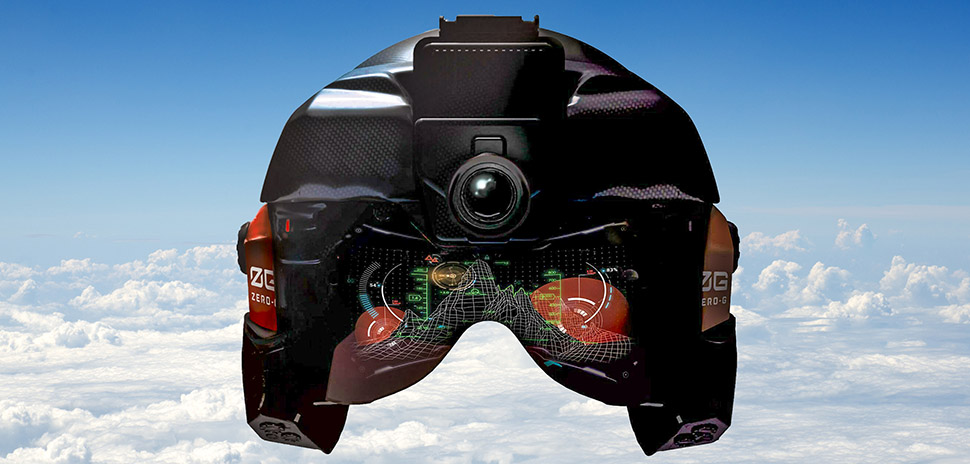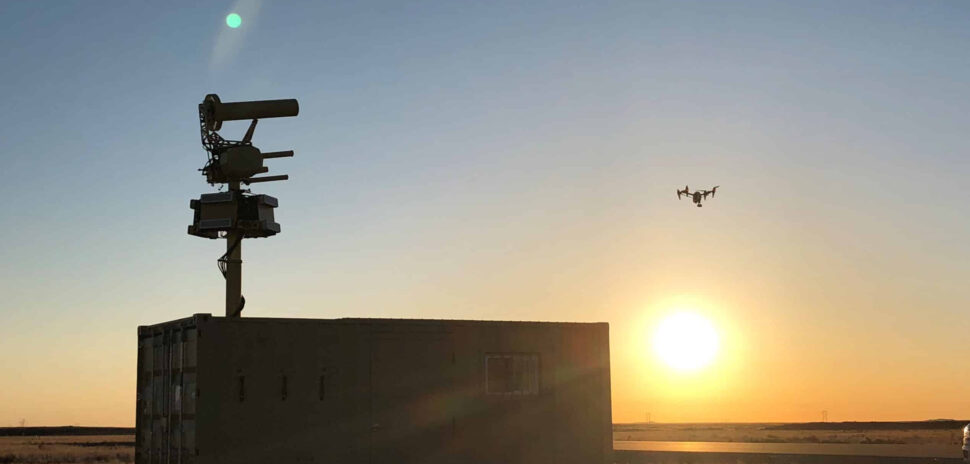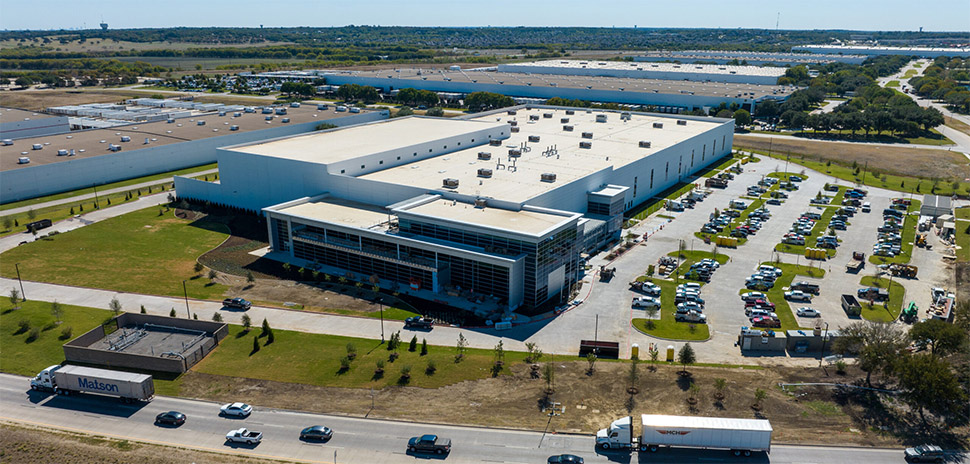When 21st-century warfighters fly at speeds approaching Mach 2, they need something more than their natural eyesight to “see” the battle space. To gain that extra edge, the U.S. Navy has tapped Fort Worth-based Elbit Systems of America and a division of RTX—formerly known as Raytheon—to deliver the Improved Joint Helmet Mounted Cueing System.
Collins Elbit Vision Systems (CEVS), a joint venture between RTX business Collins Aerospace and Elbit Systems of America, has been awarded a contract by the Naval Air Warfare Center Aircraft Division for development, engineering, logistics and test support of the newly formally introduced Zero-G Helmet Mounted Display System+ (HMDS+).
To be used in the Navy’s Block III F/A-18E/F and E/A-18G aircraft, the display system “will provide an augmented view of the battle space inside the pilot’s helmet to allow for faster decision making, increasing survivability, and effectiveness,” CEVS said.
“The team followed a new development process that incorporated early and continuous pilot input to field the best solution,” CEVS Co-General Manager Jeff Hoberg said in a statement. “The result is an innovative and adaptable HMDS that will follow a long, successful line of fielded HMDS from CEVS.”
‘Balanced and ultralight design’ decreases pilots’ physiological strain
In addition to providing improved capability, the balanced and ultra-lightweight design of the Zero-G HMDS+ will “significantly decrease the physiological strain pilots experience,” CEVS says.
And it’s not only Navy pilots who will be taking advantage of Elbit Systems of America technology. The Fort Worth-based company—a subsidiary of Israeli defense electronics company Elbit Systems—was awarded a five-year U.S. Army contract in October 2021 of up to $76 million to provide Integrated Helmet And Display Sight Systems for the U.S. Army’s AH-64 Apache helicopter fleet.
That contract continued Elbit Systems’ decades-long relationship with the U.S. Army’s Apache fleet.
![]()
Get on the list.
Dallas Innovates, every day.
Sign up to keep your eye on what’s new and next in Dallas-Fort Worth, every day.











![Shirin Nilizadeh, a University of Texas at Arlington researcher is working on the vulnerabilities of AI to online misrepresentation. Misrepresentation is part of the word cloud that depicts artificial intelligence challenges. [Sources: DI, Illustration Rob Wilson/Shutterstock]](https://s24806.pcdn.co/wp-content/uploads/2023/06/AI-Word-Cloud_970_Shutterstock-DIedit-970x464.jpg)



























































